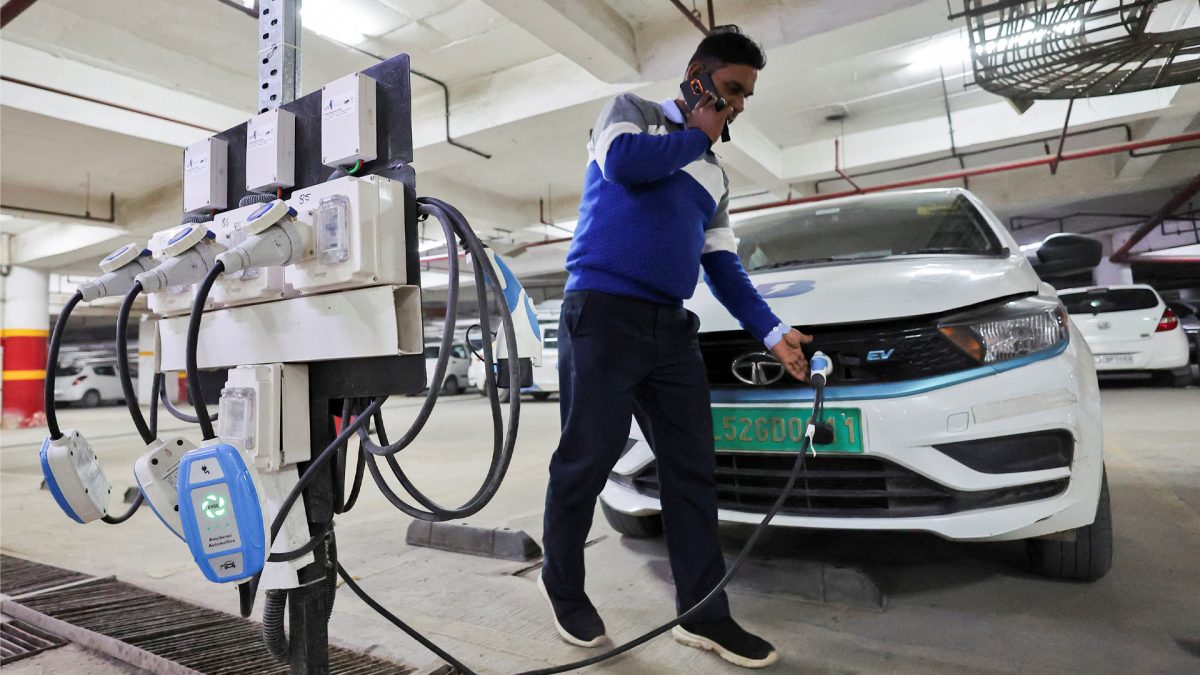The Indian government is revisiting its electric vehicle (EV) import scheme in an effort to reinvigorate interest among global automakers, including Tesla and other major international players.
According to a report from the Economic Times, a workshop is being organised for companies interested in importing premium EVs at reduced tariffs. The aim of this initiative is to collect feedback and understand the limited uptake of the scheme, which was originally introduced with high hopes.
Last year, India rolled out the scheme to boost the import and local production of high-end electric cars by offering lowered import duties. The government had aimed to attract top-tier EV manufacturers, especially Tesla, which had shown interest in entering the Indian market if import tariffs were eased.
Despite this, the response has been lukewarm, prompting the government to take further steps to engage stakeholders and reassess the policy.
Under the current Scheme to Promote Manufacturing of Electric Passenger Cars in India (SPMEPCI), companies can import electric vehicles at reduced customs duties if they commit to certain investment and localisation targets.
Specifically, companies must invest at least $500 million (about ₹4,150 crore) over five years, either by setting up EV factories or establishing charging infrastructure. Furthermore, the scheme mandates that firms achieve 25 per cent domestic value addition within three years, increasing to 50 per cent within five years.
Impact Shorts
More ShortsEligible companies are allowed to import EVs costing $35,000 or more at a reduced customs duty rate of 15 per cent, compared to much higher regular rates. They can import up to 8,000 cars annually under these terms, with any unused import allowances being rolled over to the following year. Despite these incentives, the high investment and localisation demands have deterred many companies from committing to the scheme.
The upcoming workshop, scheduled for later this month, will give interested companies a chance to better understand the scheme and voice their feedback. This round of discussions follows a previous round of consultations in April 2024, where major automakers such as Tata Motors, Maruti Suzuki, Hyundai, BMW, and Mercedes participated. Tesla’s representative in India, The Asia Group, was also in attendance.
However, despite several discussions, only a few companies had shown any enthusiasm for the scheme, which raised questions about its effectiveness.
The government is hoping that the renewed consultations will shed light on whether further incentives are needed or if policy adjustments could make participation more attractive. As key players like Tesla and VinFAST keep a close watch on how the scheme evolves, the government’s actions in the coming months could play a crucial role in shaping India’s EV market and encouraging broader international investment.
)